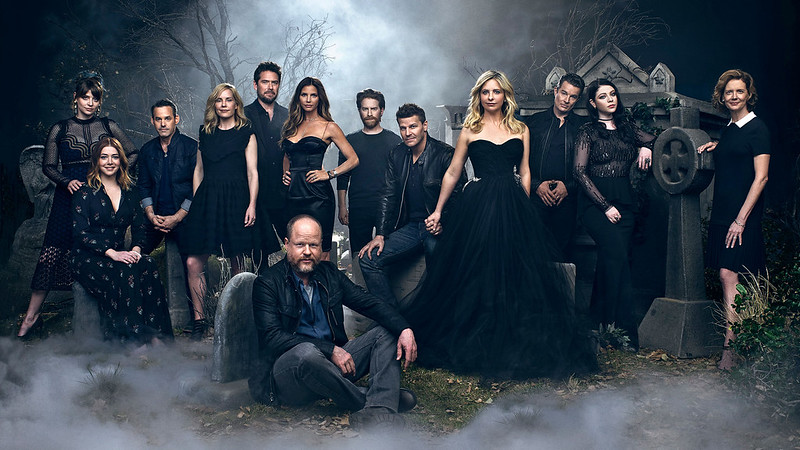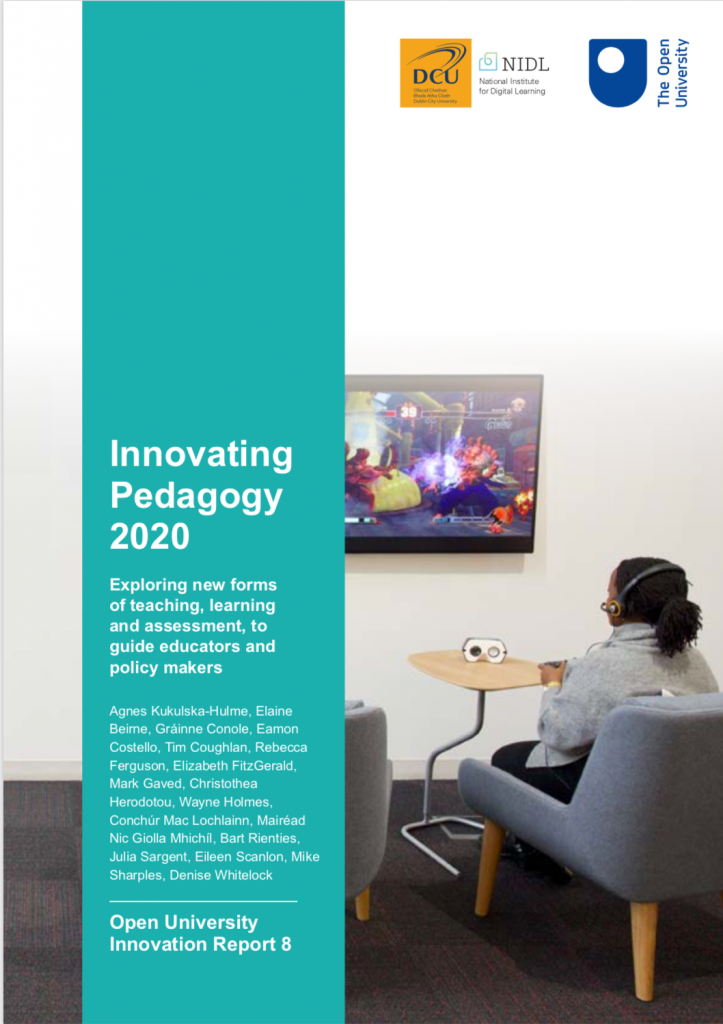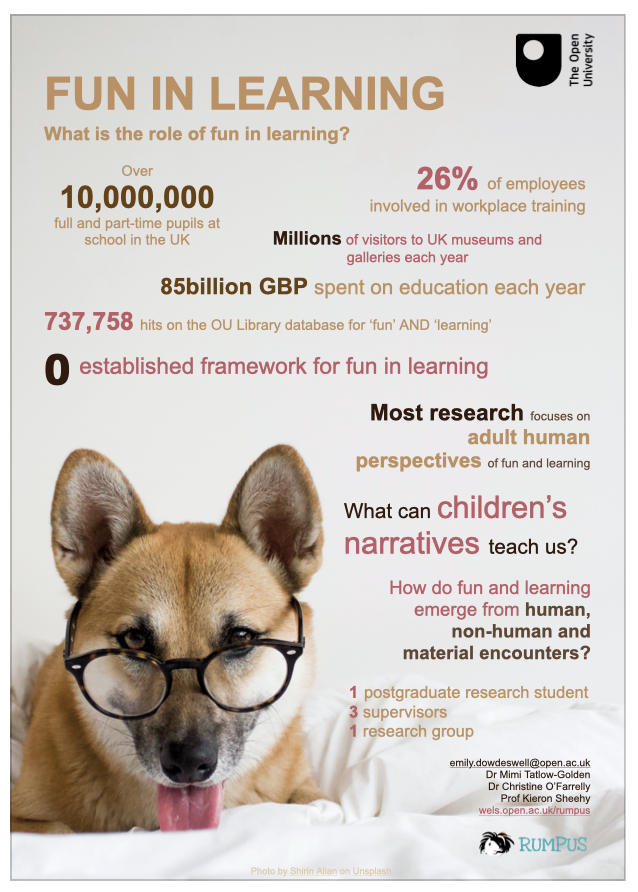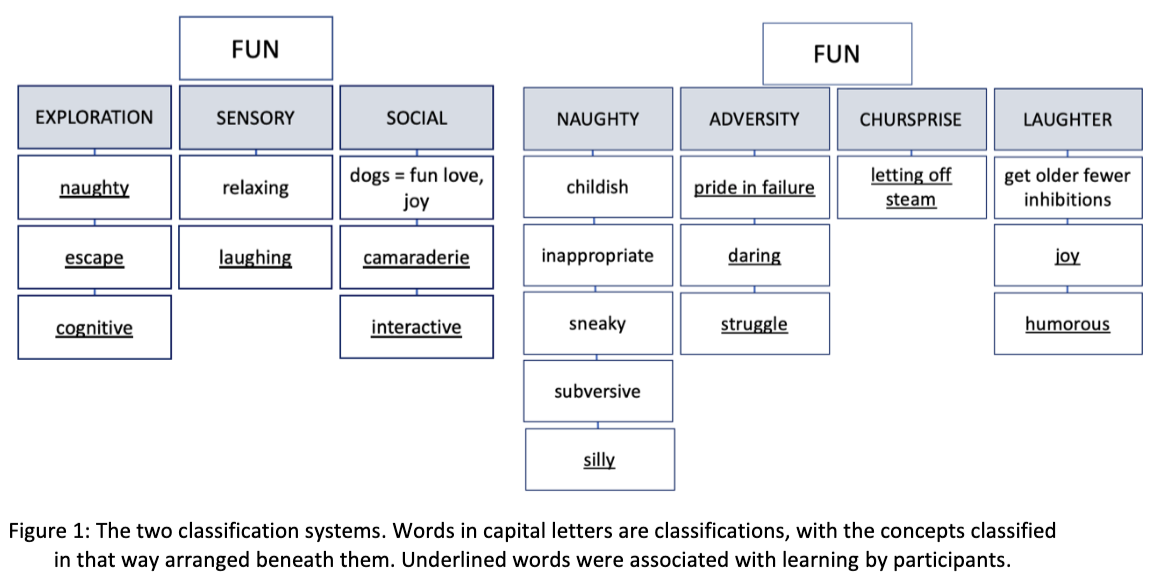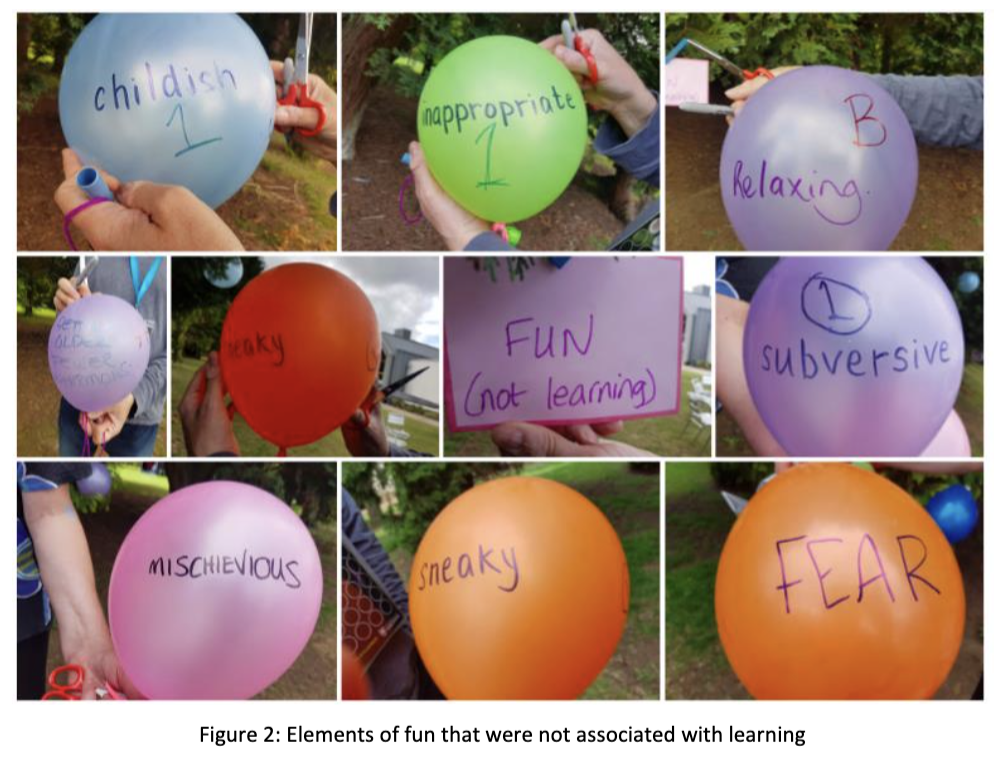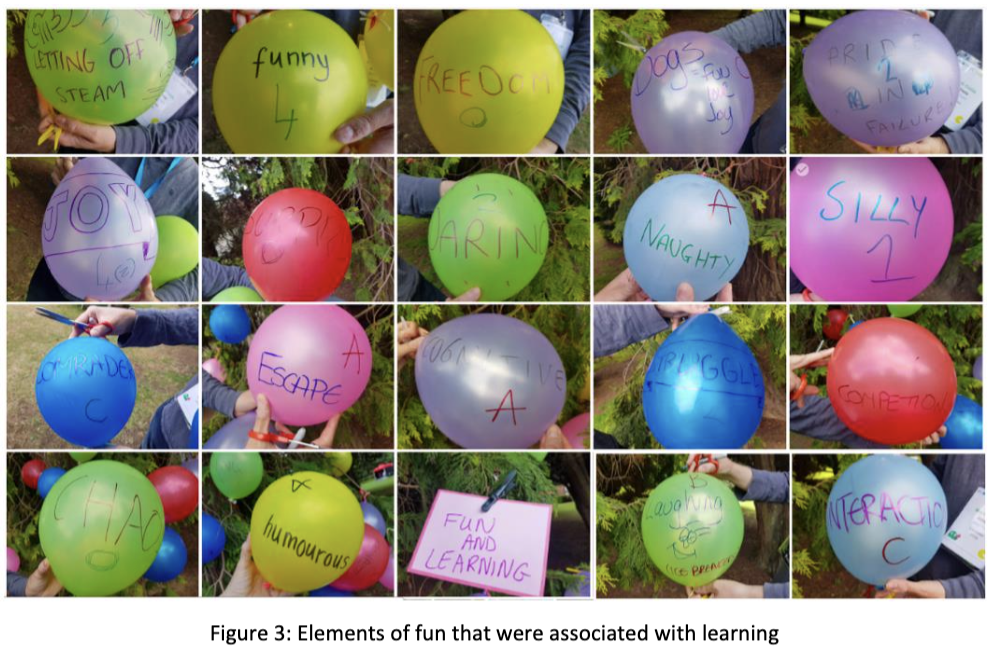By Mark Childs
With the edict to Remain Indoors due to The Event, I’ve been looking at alternative platforms with which to collaborate with other members of Rumpus in a fun way. We had one meeting this year in the physical world, in the creative suite on the Milton Keynes campus, then tried a second one in the virtual world of Second Life.
I’ve also been experimenting with Engage VR and Altspace VR. The attempt to inject more fun into other platforms within other groups I’ve been interacting with has also met with different amounts of success. Below is my attempt to rate and summarise the pros and cons of each platform.
Second Life and Learning
Second Life. 8 out of 10. Compared to RL, SL is far better supported in its representation features. There are a range of options to choose from, and which can be changed far more simply. I found accessibility far easier than RL. It takes a few minutes to download and boot up SL, whereas accessing the MK campus takes about 30 mins (if you include finding somewhere to park). The environment is more engaging too, and the choice of communication channels, voice and chat, makes interaction far less problematic. Not everyone found the platform so easy to access, however. Wayfinding is far easier in SL than RL, as it’s possible to share links to a location. Locomotion is comparable. Although learning to move my avatar the first time (a matter of minutes) didn’t take as long as it took me to learn to walk in RL the first time (several months) after practice at both they’re about comparable. Overall, I found this environment much more fun than RL. The environment (though lower resolution) is easier to manipulate, and this promotes a sense of engagement and creativity that isn’t always possible in RL. Movement is fully supported; unlike RL teleporting and flying are both possible, and if you have build privileges, it’s possible to rezz objects.
Oculus Quest Educational Games
The Oculus Quest is a VR headset released in 2019 that differs from other VR headsets in that it is a standalone device; it doesn’t need to be linked to a computer to run. It’s possible to download different apps that provide social interactions. I’ve tried interacting in two, Altspace and Engage. VR Chat is another app I’ve explored, but have yet to interact with other people within it. All VR apps can detect head and hand positions, so some rudimentary body language is captured within the environments.
ENGAGE – hosting a virtual meeting
Engage VR. 3 out of 10. Then 9 out of 10. The reason for the two marks is that the process of setting up Engage on a Quest is torturous. I won’t go into the details here, but in two attempts at setting up people (first me, then a colleague) I’ve only got the time down from 90 minutes to an hour. It requires getting three different devices to communicate with each other, and installing software on two of them, and screaming in rage at several points when it doesn’t work. However, when it’s set up, it’s excellent. The images are still quite low resolution, and representation options are only slightly better than RL, but the sense of immersion when you are actually inside the environment is striking. The option to rezz objects into those environments, and move freely within them, is much higher than RL and almost up to SL standards. Teleporting around Martian hills is inherently fun, and it feels like the options can only expand as the technology matures. I’d need to experiment more to see how options like chat, and bringing in webcontent (fun things in SL and Skype respectively) would work.
Altspace VR. 5 out of 10. This was the first shared VR environment I tried. Accessing the space in the environment was difficult, no links here that can take you right to the correct area, and lots of wandering around quite crowded areas listening to lots of people who weren’t my idea of fun. There were activities to do (like throwing things) but the resolution was so poor it wasn’t that engaging. Think avatars that look like the removal men in that Dire Straits CGI video.
Games platforms
I’ve also looked at using game environments as fun platforms, so far Animal Crossing Pocket Camp and Lord of the Rings Online.
Both of these actually were hardly any fun at all. As meeting platforms, they weren’t successful as they require participants to complete quite a few tasks before they can add colleagues and then meet them. I rated LOTRO as 2 and ACPC as 1, because the latter seemed to bombard me with a whole lot of tasks I really didn’t want to do in order to get anywhere. The advantages of ACPC are that it can run on a mobile quite effectively. However, this then makes the communication channels more difficult to engage with.
Physical world
The physical world (“RL”). 7 out of 10. The Creative Suite is a lot more comfortable than a lot of other spaces on campus. It has sofas. The space was used in a particularly fun way as we had large pieces of paper and drew round each other. So if you can be inventive in your interactions with the platforms it can be quite fun. Disadvantages are, however,
- Although not far from my home, most physical spaces for interaction are still an inconvenient distance away for most attendees. I find accessing it, and the operability of it, leaves a lot to be desired. If they installed a teleport option it would fix some of the issues, but that seems to be a long way off.
- Backchannel functionality isn’t properly supported, which means that expressing your ideas at the point at which you have them isn’t possible.
- Presence features. These are limited. Within RL I find that there’s no opportunity to change the default option I’ve been given – which severely limits my identity representation.
- Movement and rezz options. Movement is slow, although the responsiveness of the environment and feedback is effective, there’s no camera movement option, so no zooming in on objects. Rezzing from an inventory (rezz is a term coined in the 1982 move Tron to describe placing objects within the environment) isn’t even possible.
Skype / Skype for Business
Skype. 8 out of 10. Again, easier for me to access than RL, and those who struggled with SL still managed Skype. Representation is more limited than SL, and also the demand on bandwidth of larger meetings means you may have to turn off video and then are reduced to a single static image. However, within the meeting it was possible to move around the physical spaces at our separate ends, and share different images there. As we were all at home, this promoted a more fun environment. We were also able to bring different elements into the dialogue (cats, masks, food preparation, etc.) spontaneously, which would have been more difficult within a co-located physical environment. Taking all our stuff to campus would have required us to plan what we were going to do in advance, which is far less fun. Finding stuff on google and sharing our screens (such as in the “choose your favourite trap door” activity) is also a functionality missing from RL and SL.
Skype for Business. 5 out of 10. Just less fun because it’s harder to add people who aren’t in your institution.
Microsoft Teams
Microsoft Teams. 6 out of 10. Less fun again because it’s such a pain adding people from outside your institution. It took me two days to work out how to do this. Also, less fun because there’s no admin facility to tidy up the conversations when they go all over the place. However, once the synchronous meetings take place, there’s a similar amount of fun to be had as in Skype. Teams also supports asynchronous fun better, so caption competitions, round robin stories, and simple activities like that are well supported. What’s useful about Teams is that all the contributors get an email telling them the activities are going on; they can contribute when they have time, but all get to feel invited.
Other platforms
Adobe Connect – I’ve used this extensively, but not to support fun, it’s difficult to see how fun things would work, because it seems to be such a formalised structured environment, but I don’t want to anticipate anything here.
Also still to analyse – Facetime. Discord. House Party. Zoom. Minecraft Edu
What would a “10” look like?
I think one thing that emerges from the analyses is the extent to which the functionality of these different environments is complementary, but there is none which is best at everything. Longer term, an ideal environment would combine the advantages of each. An augmented reality environment which can synthesise aspects of RL and VR may be the acme of collaborative fun environments, with representation features fully supported (such as motion captured avatars that respond in realtime as in VR), razzing and movement functions properly supported (as in virtual worlds), higher resolution and better sensory feedback (like touch as in RL), easily bringing in web and chat functionality (like Skype) and asynchronous content (like Teams) may be a few years off, but that really sounds like fun.
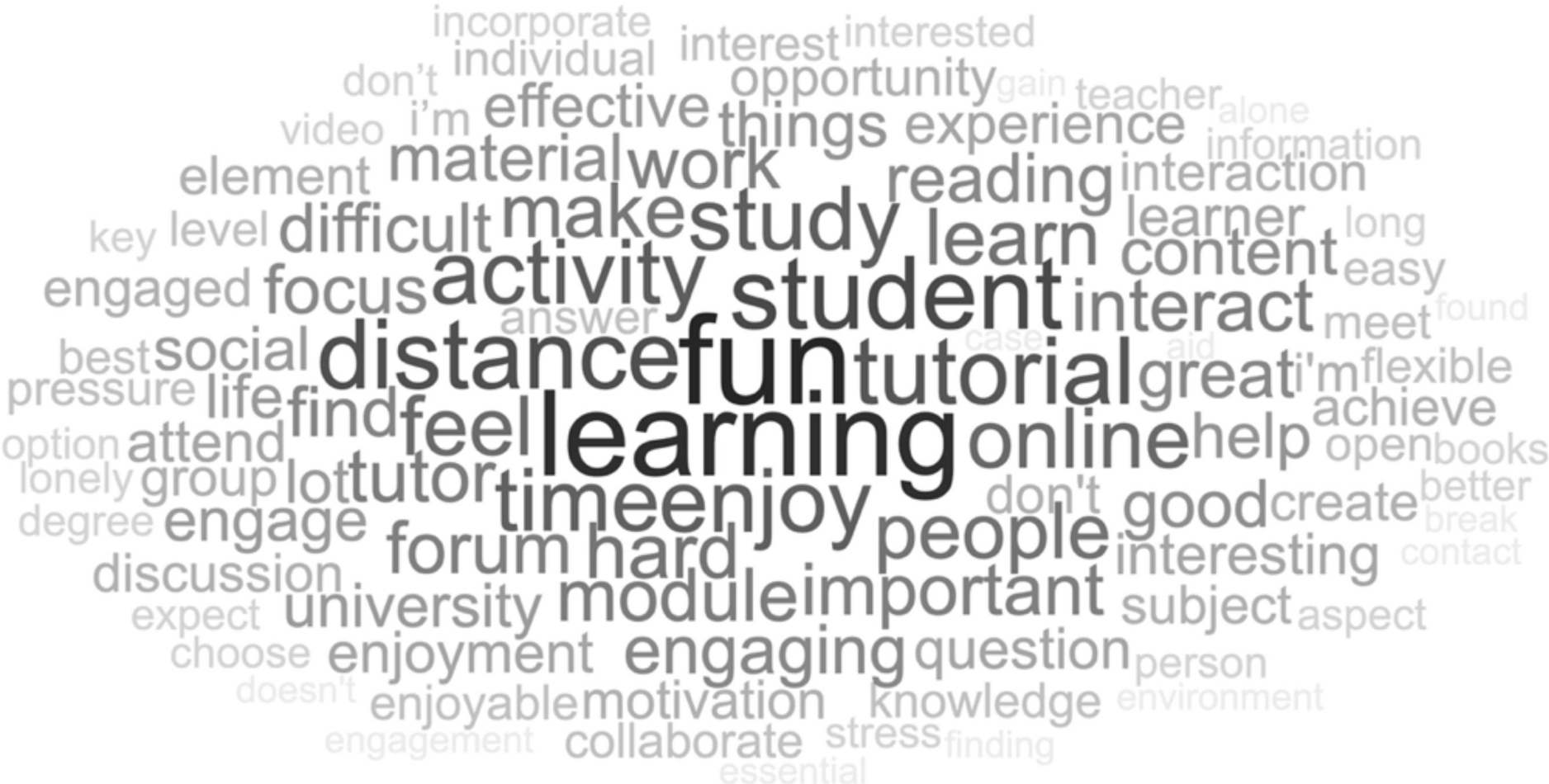 Abstract
Abstract


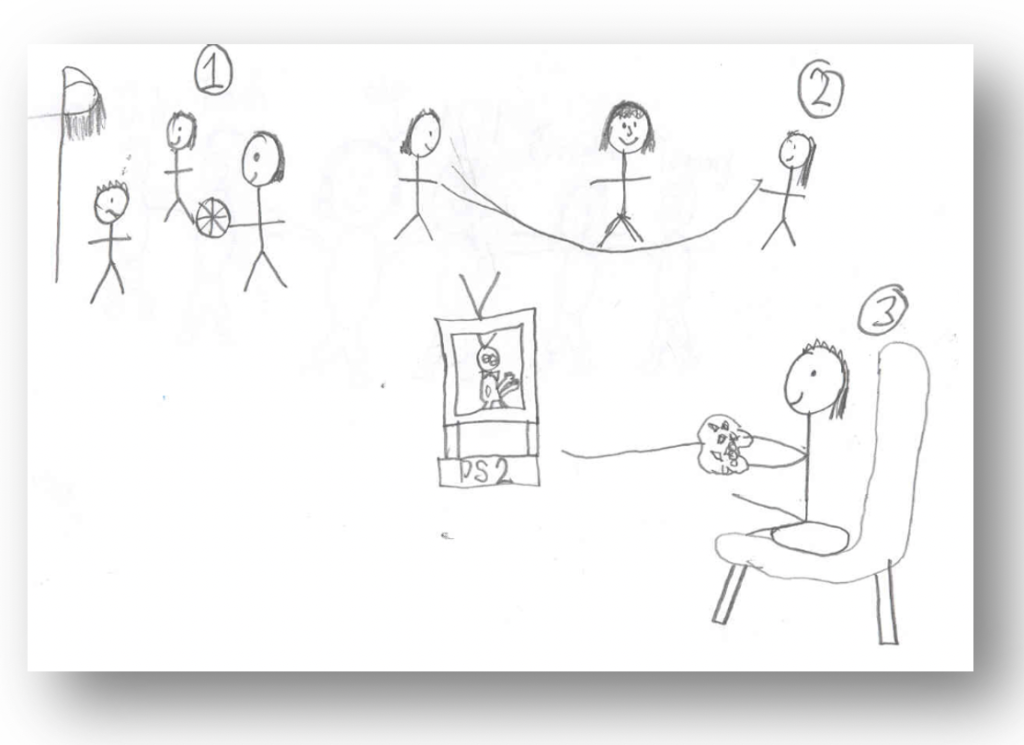
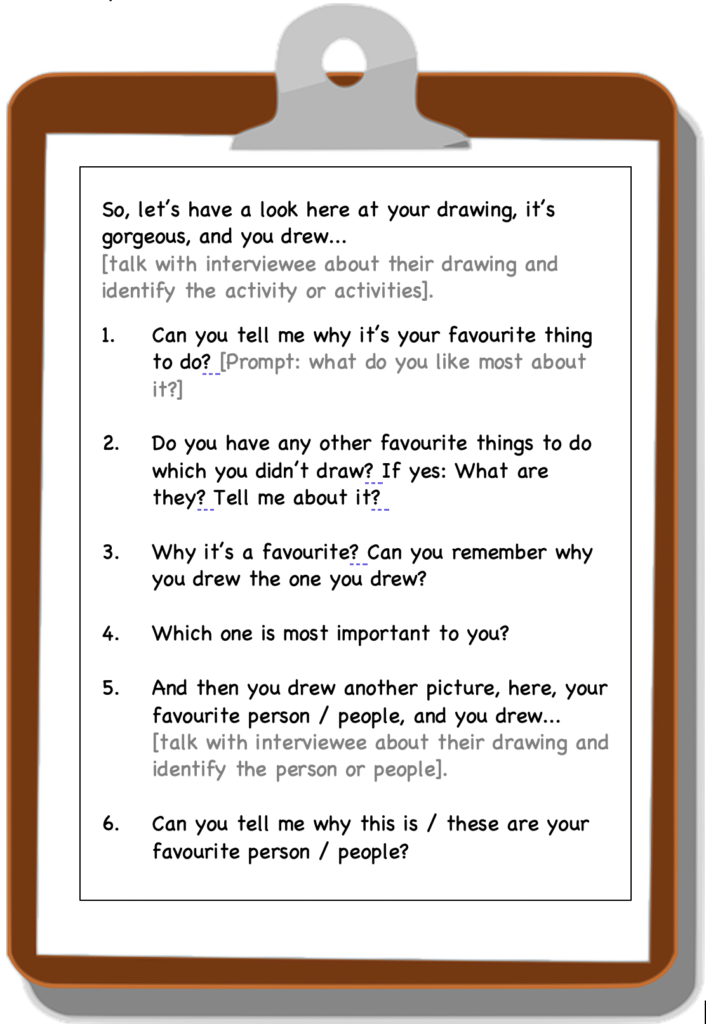
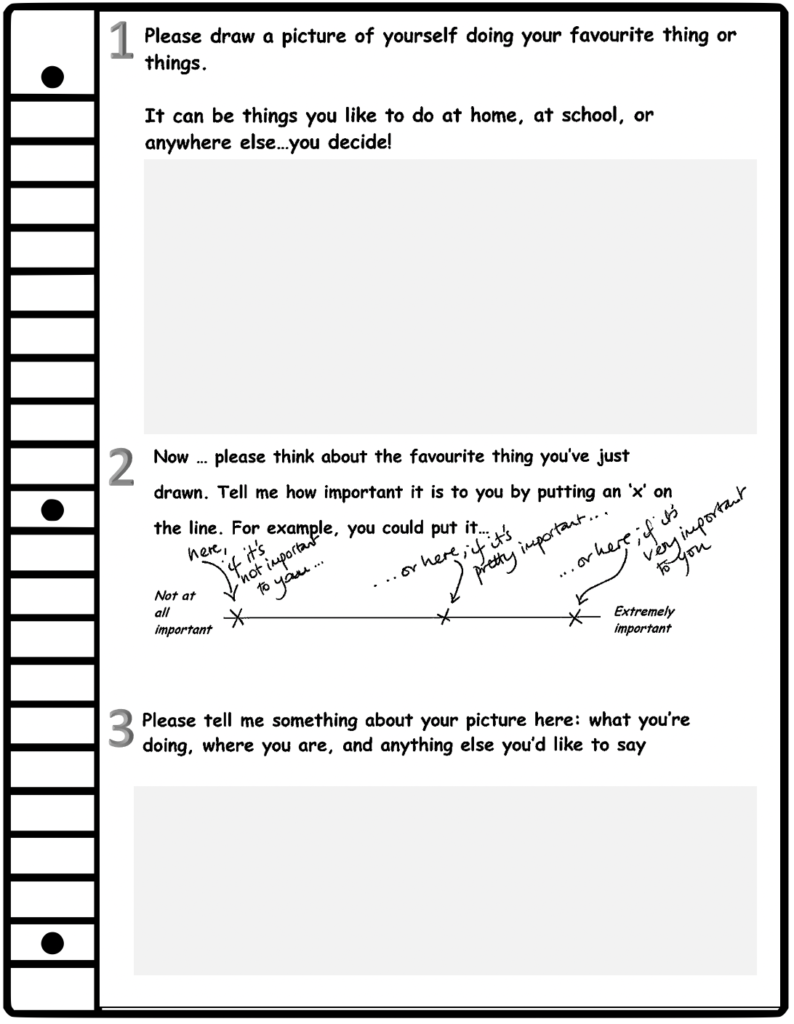
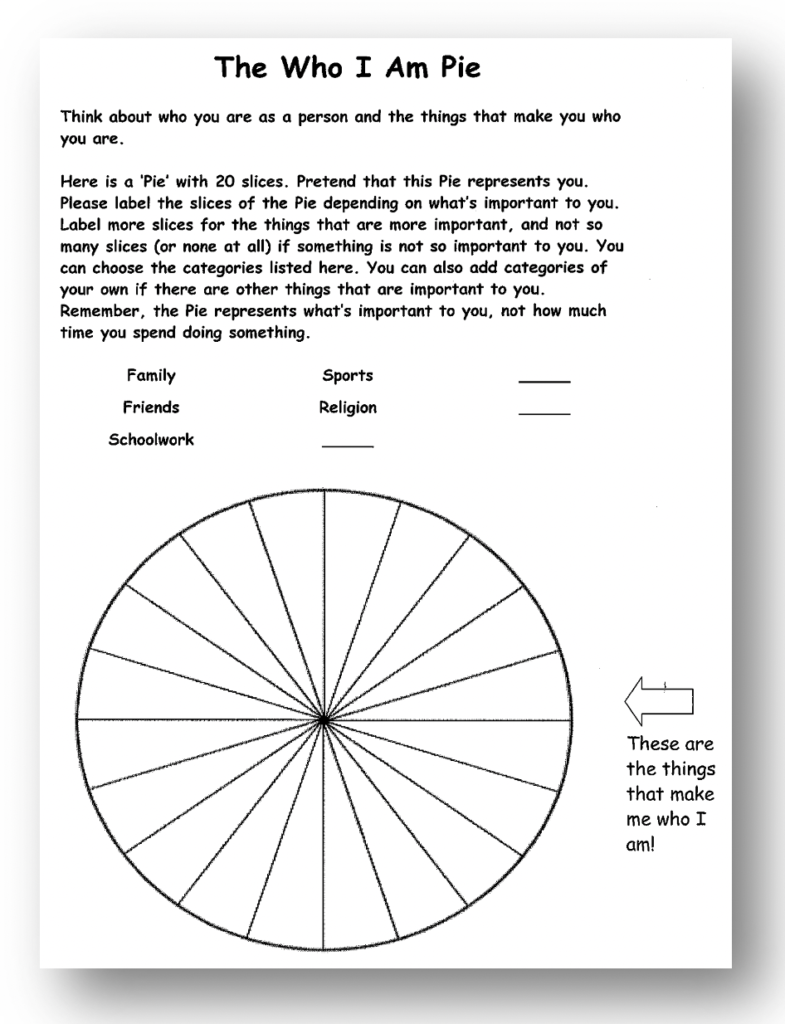
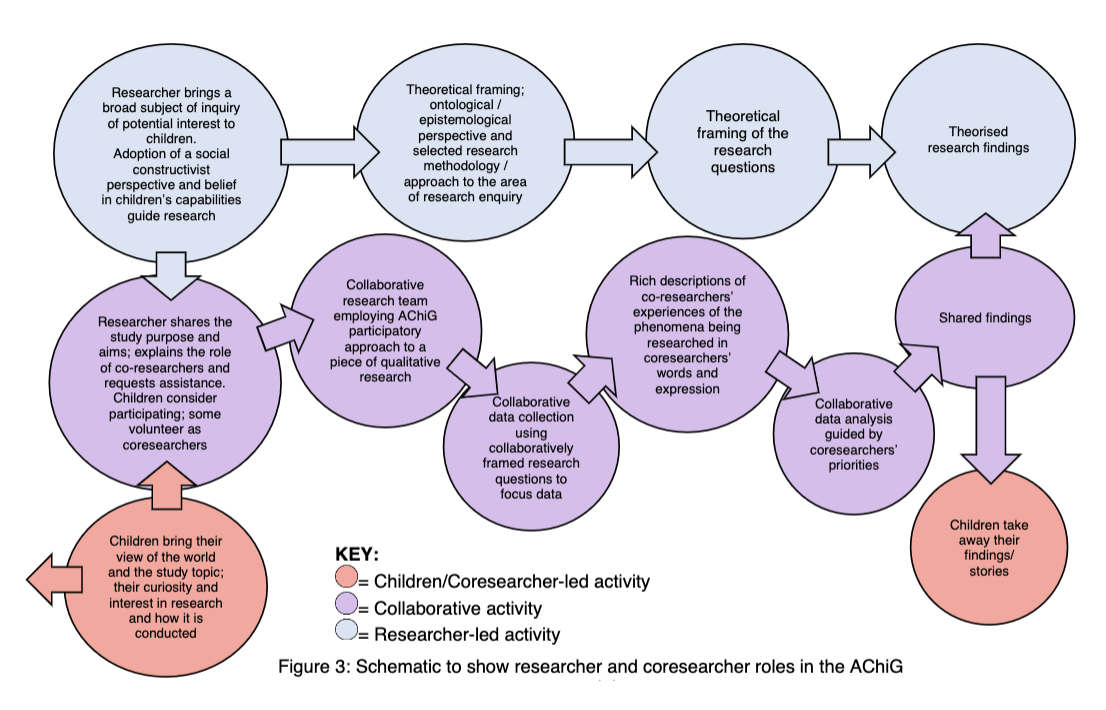
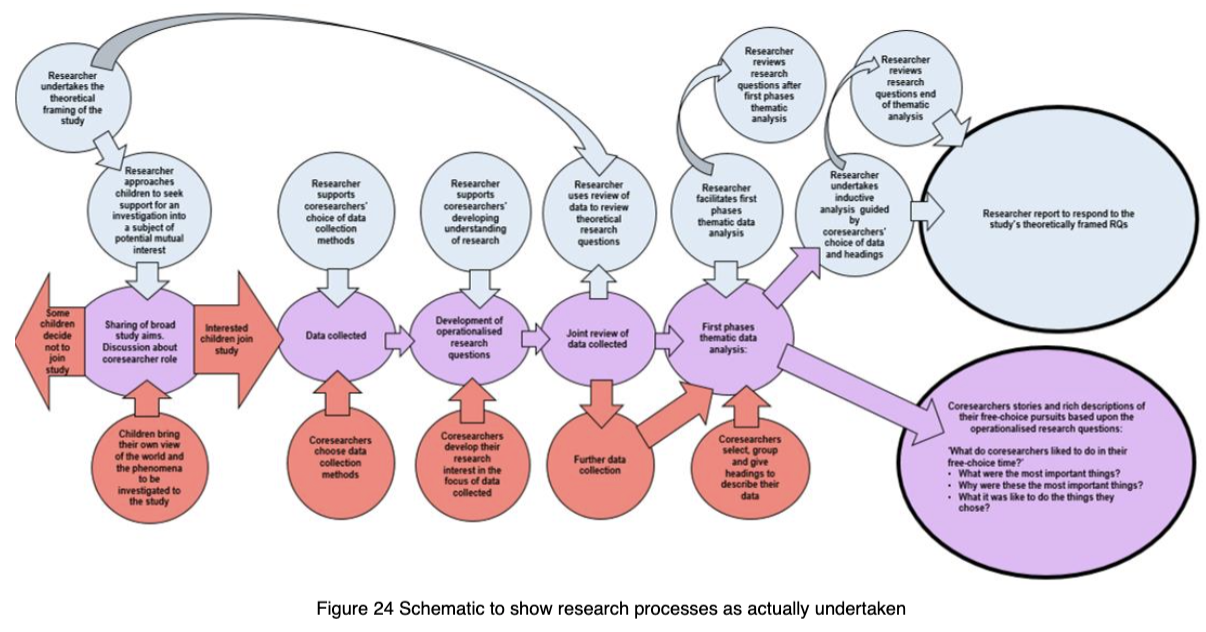
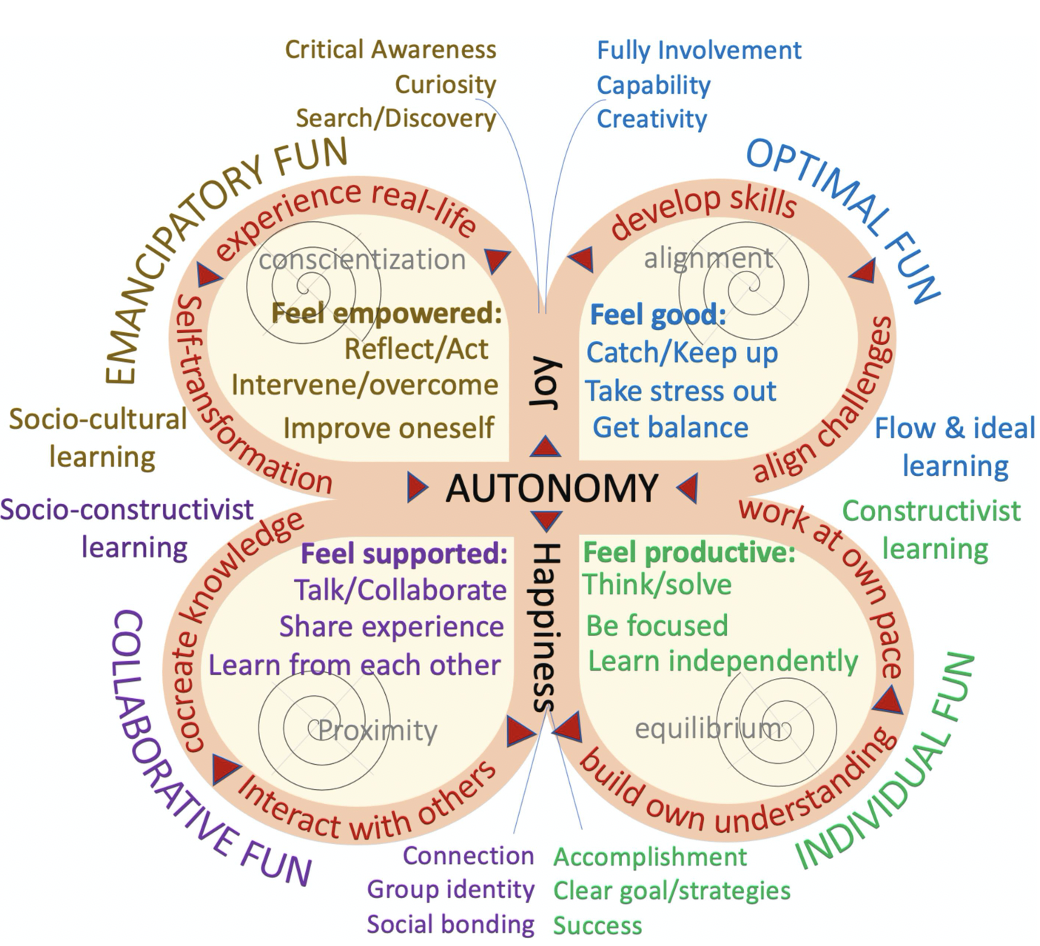
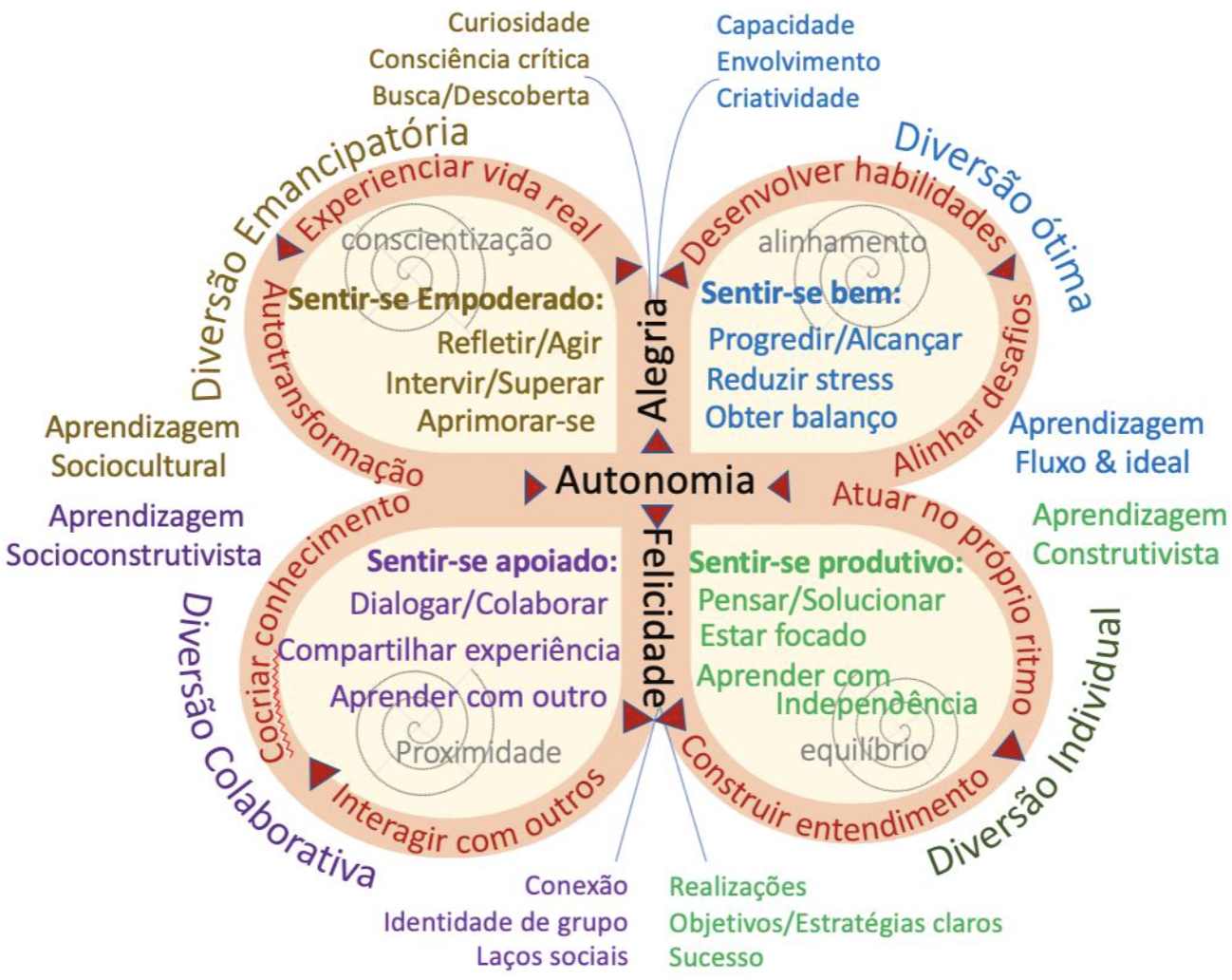

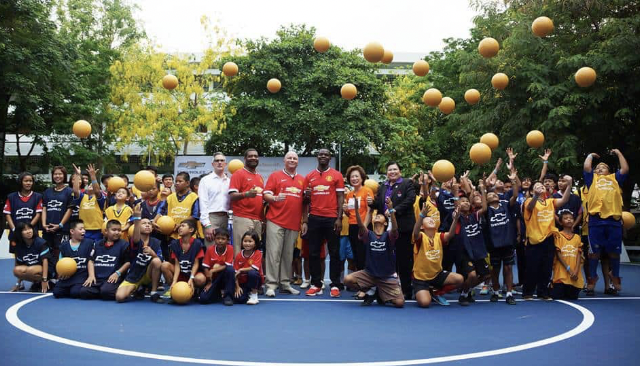 Source: Coaches Across Continents (CAC)
Source: Coaches Across Continents (CAC)

